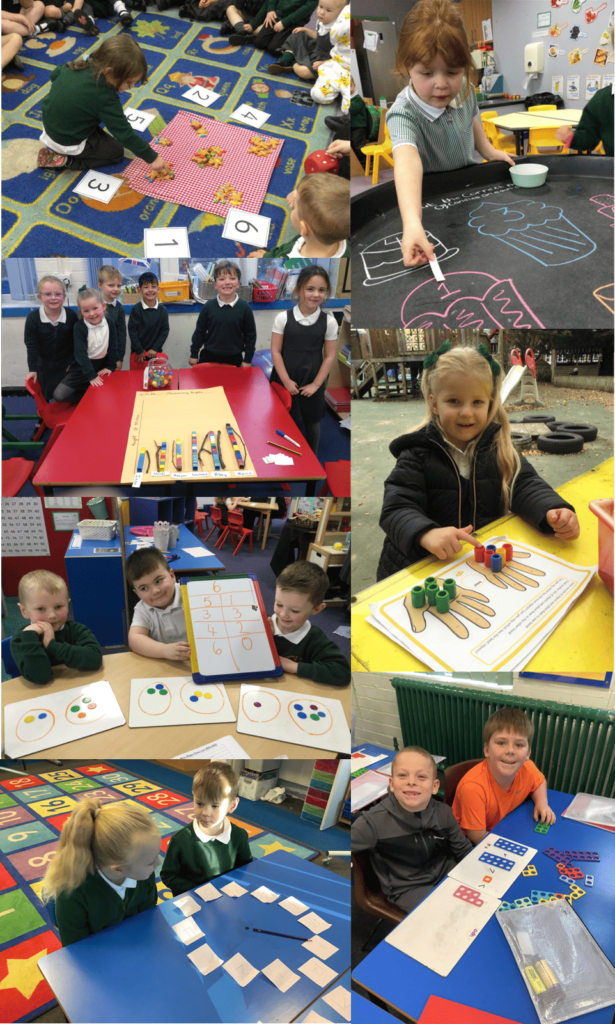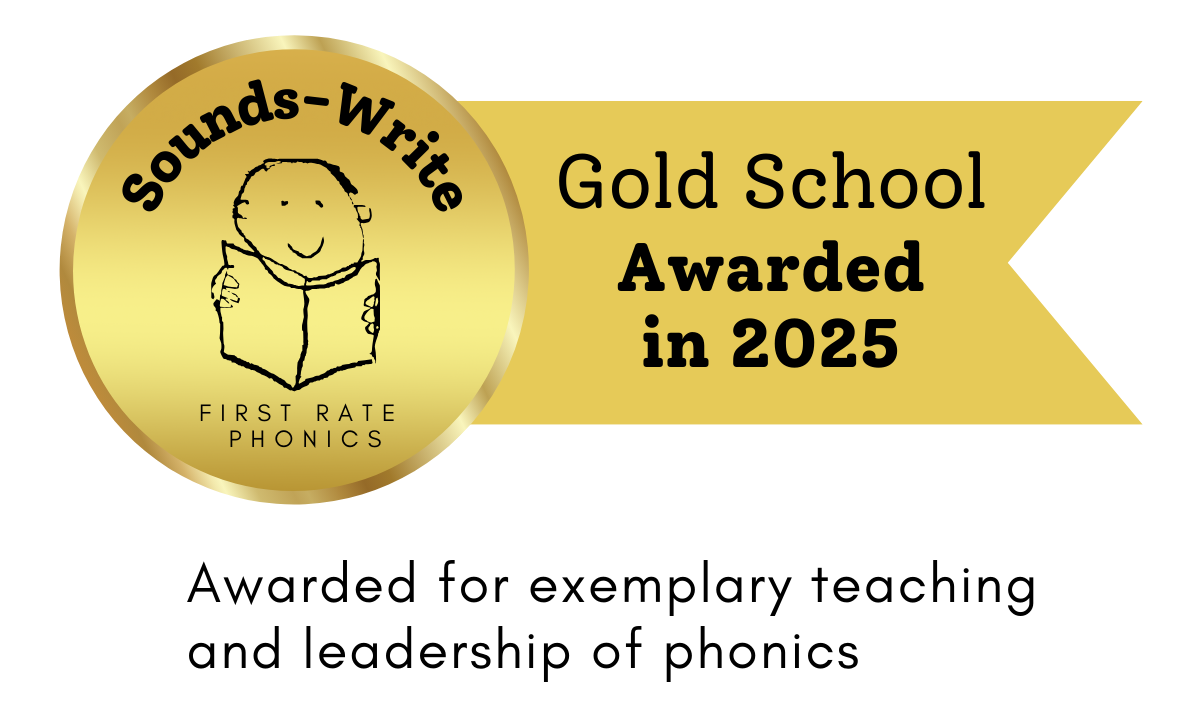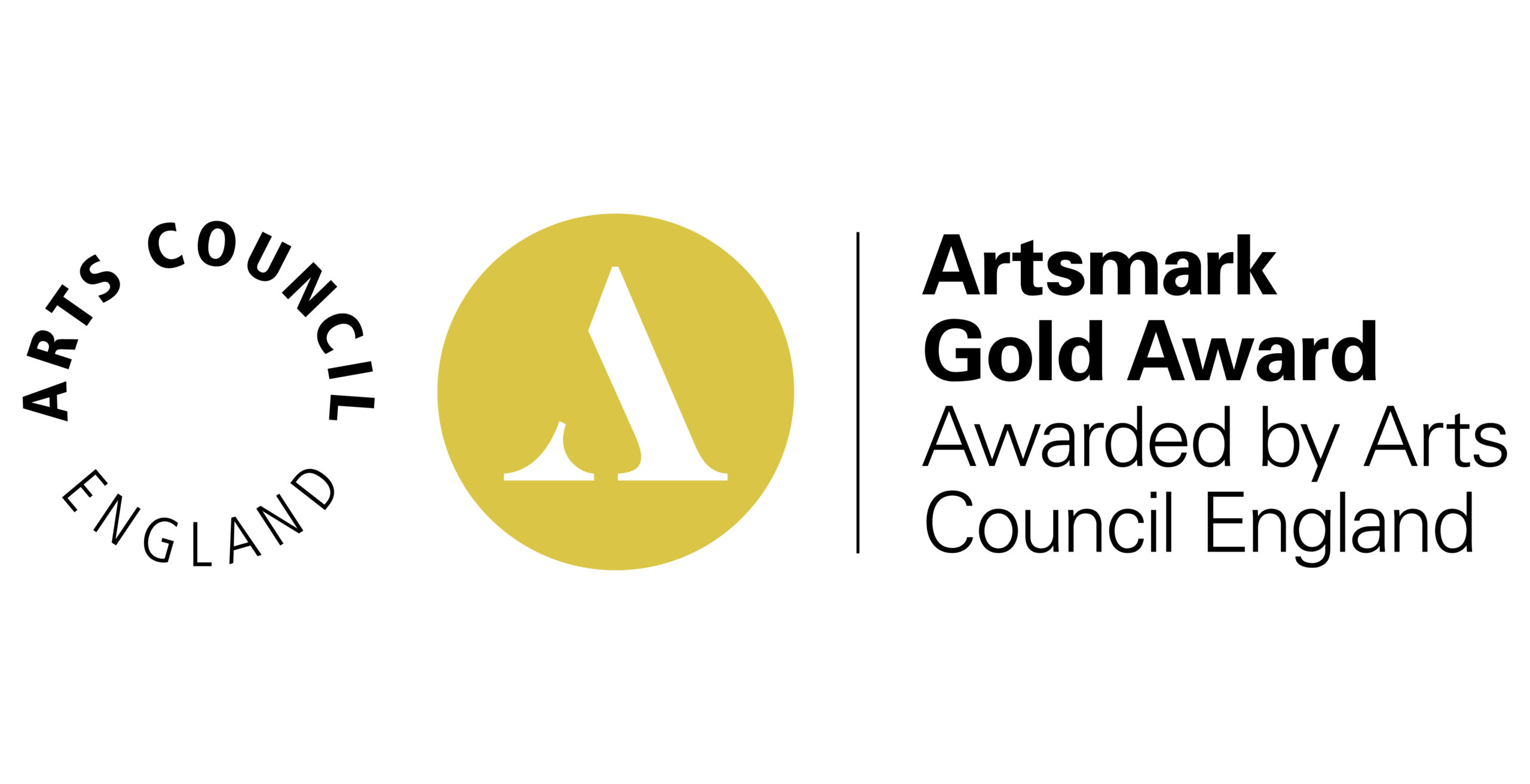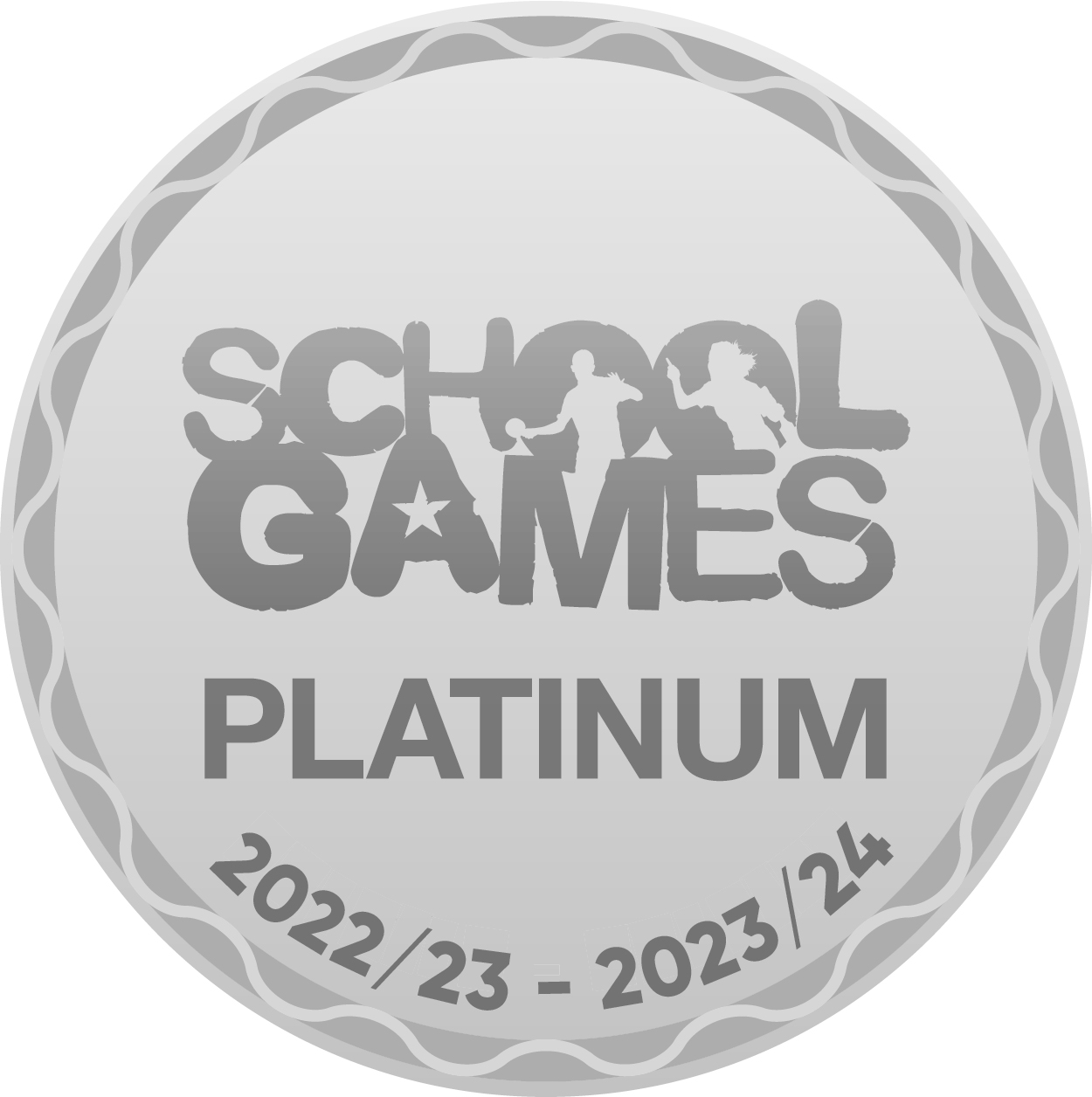Mathematics
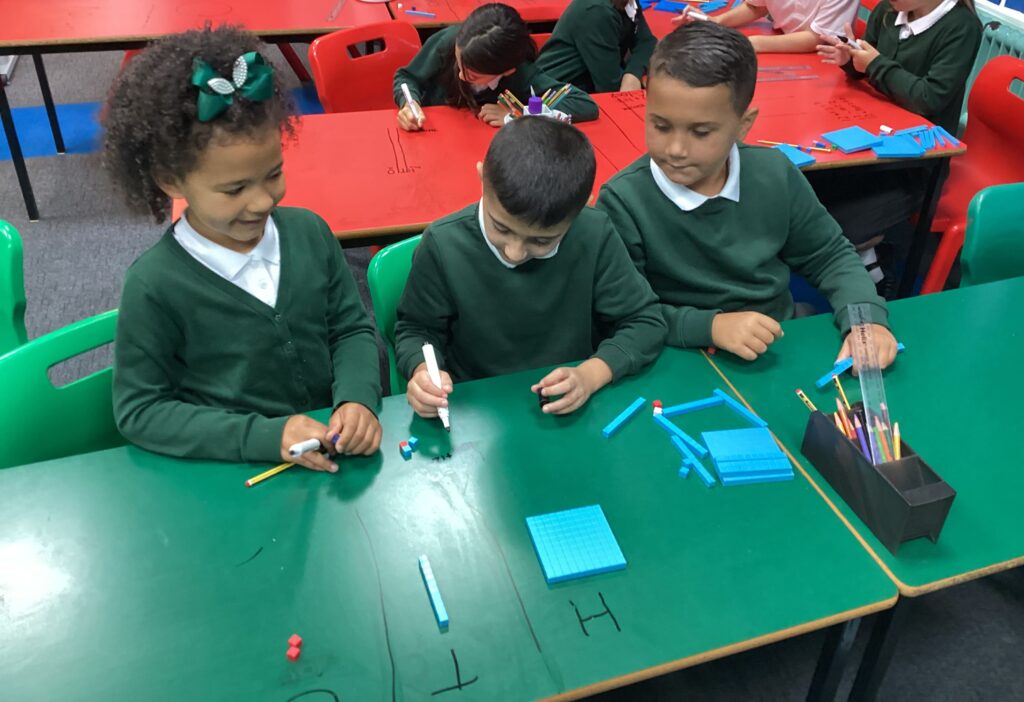
At Whinney Banks we want our children to be excellent mathematicians and they are (top 20% nationally for progress 2023).
We follow our own bespoke curriculum: ensuring that every child has the opportunity to succeed and where these steps of success are harder for children, they have the chance to catch up and keep up.
Our maths curriculum includes all the elements of the revised National Curriculum for mathematics and is taught by establishing fluency with number & calculation (we are really strong at this) before moving on to reason and solve problems. We want our children to be pattern spotters and hypothesis testers and to respond with positivity and resilience when maths becomes more challenging. Our expectations of what children are able to do by the end of their primary schooling are, and have always been, very high. There are no limits for the children of Whinney Banks. We want our children to be equipped for the next stage in their educational journey and beyond to adulthood.
At Whinney Banks, we believe that mathematics is an essential skill for adulthood, a key part in making sense of an ever more complex world and a powerful tool for analysing and communicating information and ideas. Maths is essential to everyday life, critical to science, technology and engineering, necessary for financial literacy and most forms of employment.
As such we aim, through our curriculum, to provide children with enjoyable, stimulating experiences; to give children opportunities to take part in mathematics investigations; to develop their confidence in themselves as mathematicians; to develop their natural curiosity and ability to question; to encourage them to have high expectations of themselves; to enable children to use a range of mathematical tools such as mental calculations, pencil and paper methods and ICT and to give them opportunities to apply their mathematics knowledge, skills and understanding in a range of meaningful contexts.
We aim for all pupils to:
- become fluent in the fundamentals of mathematics, including through varied and frequent practice with increasingly complex problems over time, so that pupils develop conceptual understanding and the ability to recall and apply knowledge rapidly and accurately
- reason mathematically by following a line of enquiry, conjecturing relationships and generalisations, and developing an argument, justification or proof using mathematical language
- be able to solve problems by applying their mathematics to a variety of routine and non-routine problems with increasing sophistication, including breaking down problems into a series of simpler steps and persevering in seeking solutions.
We know that early learning in maths involves lots of play and the use and manipulation of real-life objects through which children develop mental models and images of how number and shape and space work. Our calculation policy demonstrates a clear progression from these early experiences through to expanded and eventually shorter, more efficient methods of calculation.
Mathematics is an interconnected subject in which pupils need to be able to move fluently between representations of mathematical ideas. The programmes of study are, by necessity, organised into apparently distinct domains, but pupils should make rich connections across mathematical ideas to develop fluency, mathematical reasoning and competence in solving increasingly sophisticated problems. Part of this interconnectivity comes through our ‘Daily Works’ which interleave previous topics as well as showing connections to the next. Children also apply their mathematical knowledge to science and other subjects.
The expectation is that the majority of pupils will move through the programmes of study at broadly the same pace, we do not stream. However, decisions about when to progress should always be based on the security of pupils’ understanding and their readiness to progress to the next stage. Our staff are skilled and are always ‘there’ to mark ‘in the moment.’ We want our children to get instant feedback and to know whether consolidation or extension is required. Pupils who grasp concepts rapidly should be challenged through being offered rich and sophisticated problems before any acceleration through new content. Those who are not sufficiently fluent with earlier material should consolidate their understanding (through intervention or additional practice), before moving on.
